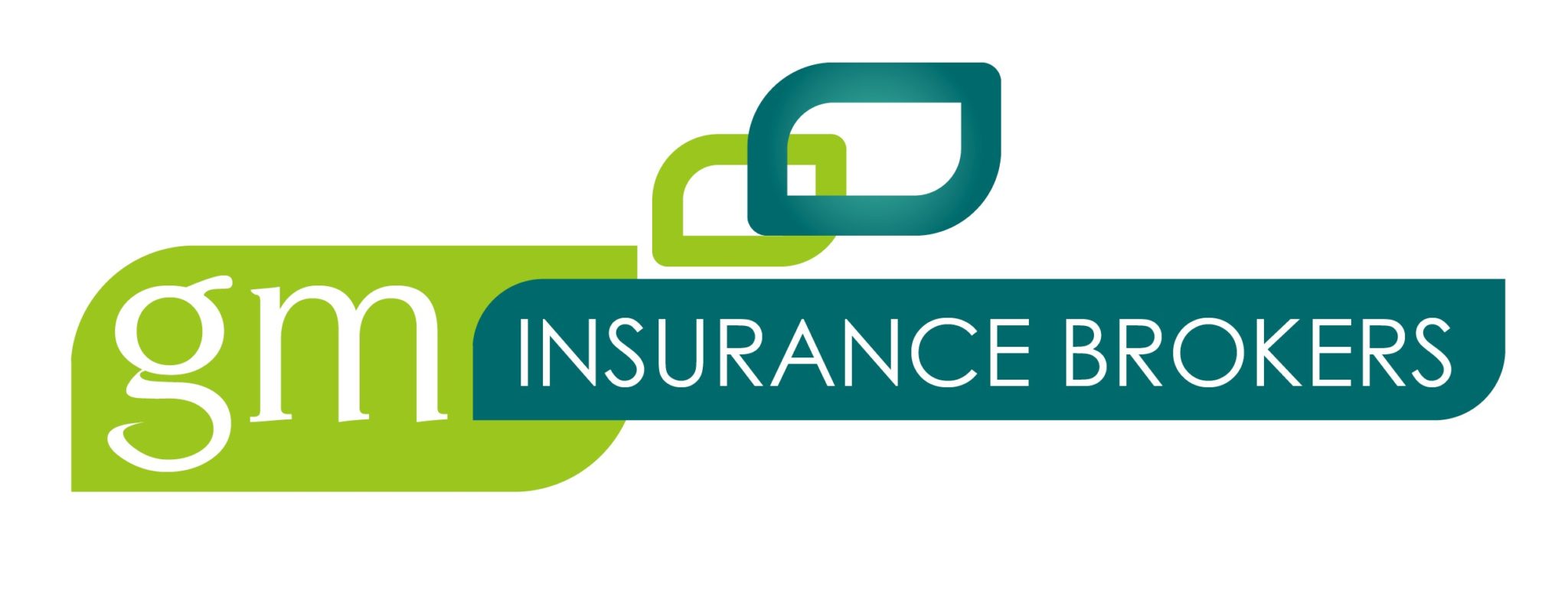
If you own or hire a plant to assist in sorting or grading waste, you’ll undoubtedly want to insure it for
losses such as theft, fire and accidental damage. But you might not know that it is also possible to
arrange for a regular inspection, to ensure that you are complying with legislation.
How To Insure Plant and Machinery
You can choose to insure your equipment either on a specified or an unspecified basis. Whichever way
you insure the plant, the insurers will require two sums insured from you:
1) the New Replacement Value (NRV) of your plant; and
2) the Current Market Value (CMV).
The reason that insurers will ask this is that if your machinery is only one or two years old, they may pay
for a loss on a ‘new-for-old’ basis (which essentially means that they’ll ignore any wear and tear on the
item).
Insurers normally settle claims based on the Current Market Value. After a loss has occurred, the
insurers will usually appoint a loss adjuster to make an offer based on the amount needed to replace the
item. Insurers never replace the item themselves; instead they’ll make a payment to cover the financial
loss which is called a ‘policy of indemnity’.
Types of policy available
There are different types of policy available. Commercial Combined Insurance can be arranged which
extends to include Public and Employers Liability, Business Interruption and Property Damage, or
alternatively a standalone plant policy can be arranged.
Care must be taken when arranging plant insurance, because there is a significant difference between a
plant that you own or a plant that you have hired. When identifying each plant item, you’ll need to be
clear about which items are on lease, short- or long-term hire, and which are owned by you. In addition,
it is also possible to insure against claims made against you for loss of hire charges.
You could find that you are liable for the ongoing loss of hire charges because of a loss, i.e., the owners
of the plant lose hire charges up until the point that the insurers agree upon a market value and settle a
claim to them.
Fire Prevention
If you have static plants and machinery, trommels, picking lines, feeders or screeners, insurers will look
very closely at a business’s fire prevention measures. They’ll make sure that there is a written procedure
which is adhered to so that waste debris is not left in or around the machinery when it is not in
operation, which could lead to a fire claim.
Plant items such as shredders can be very difficult and expensive to insure. These items are also very
expensive - sometimes in excess of £250,000 - and most insurers now require that these machines have
automated fire extinguishers fitted. Woodchippers and wood shredders have traditionally been difficult
and expensive to insure, again due to the risk of fire; they ignite more than any other waste recycling
machinery.
It’s a case of good housekeeping - by limiting the chance of fire, you will be able to prove to insurers that
every possible precaution has been taken, and you will be more likely to be able to arrange suitable
cover as a result.
Plant Inspection
Every business operating plant and machinery should have legislation imposed on it in respect of
maintenance and upkeep. Separate insurance cover can be arranged, whereby the insurers appoint
engineers to inspect plant and machinery advising you of any maintenance issues arising from the
inspection.
If you’d like to talk to a plant insurance expert, get in touch with our team today on 01392 426799 or
drop us a line.